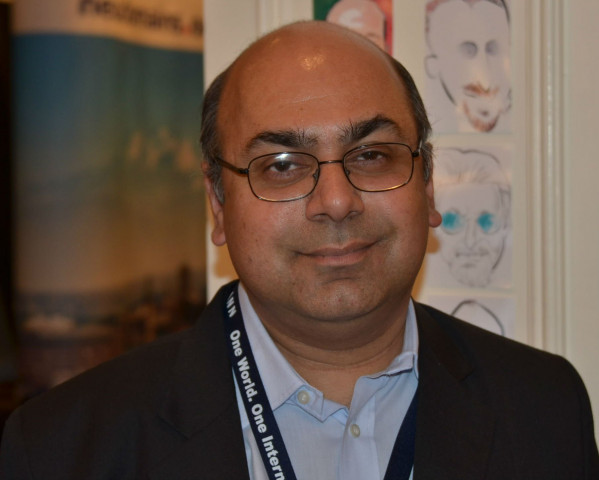Bridging the gap: Computer scientists work together to create global village
They want to break the communication barrier and introduce programmes in local languages

It may not seem possible now but soon they will be able to do so as a few Pakistani computer language experts are trying to bridge the language gap by introducing programmes where the user can pick a language they are comfortable with. This way they will create a global village where there will be no communication barriers.
"The localisation of technology means facilitating people through integrating their culture and languages with machine usage," said Dr Sarmad Hussain, the chairperson of the Society for National Language Processing of Pakistan (SNLP) at a conference on language and technology at DHA Suffa University.
"The SNLP is trying to bring together language and technology in Pakistan and this conference is a part of our efforts. Here, researchers will get a chance to brainstorm with others to integrate cultures." He added that Pakistani and Japanese computer engineers were working on a project dealing with 'speech-to-speech translation.'
He claimed that computer programmes in local languages will benefit more people. He added that it would help them socialise and boost the country's economy.
Dr Hussain said that 40 research papers in computer linguistics were presented at this year's conference out of which 11 were accepted through an internationally acclaimed checking process.
He added that there were around 10 people who held a PhD in the field of computer linguistics in Pakistan with approximately 40 students across the country researching about it for their MS/MPhil programmes.
Dr Abid, the vice-chairperson of SNLP, claimed that research work in public sector universities was not on a par with the private sector due to a lack of funds. "We are trying to improve standards at public-sector universities," he said. "There are still some hindrances because of clashes in bureaucratic circles and the faculty."
Communicate and learn
The star of this year's conference was Benazir Mumtaz from the University of Engineering and Technology, Lahore, who was awarded for best research for her work on 'Multitier Annotation of Urdu Speech Corpus.'
While talking about her work with The Express Tribune, Mumtaz said that the core idea of her work was derived from the environmental learning behaviour of humans. Several students who attended the conference said that the conference and researchers inspired them to do more in their chosen fields.
Mishal, a computer science student, said that she was planning to work on a computer programme which could predict the user's mood and what they were thinking through reading their chat and emails. She added that her inspiration was drawn from the research on the use of probability in computer programmes.
Published in The Express Tribune, November 16th, 2014.


















COMMENTS
Comments are moderated and generally will be posted if they are on-topic and not abusive.
For more information, please see our Comments FAQ